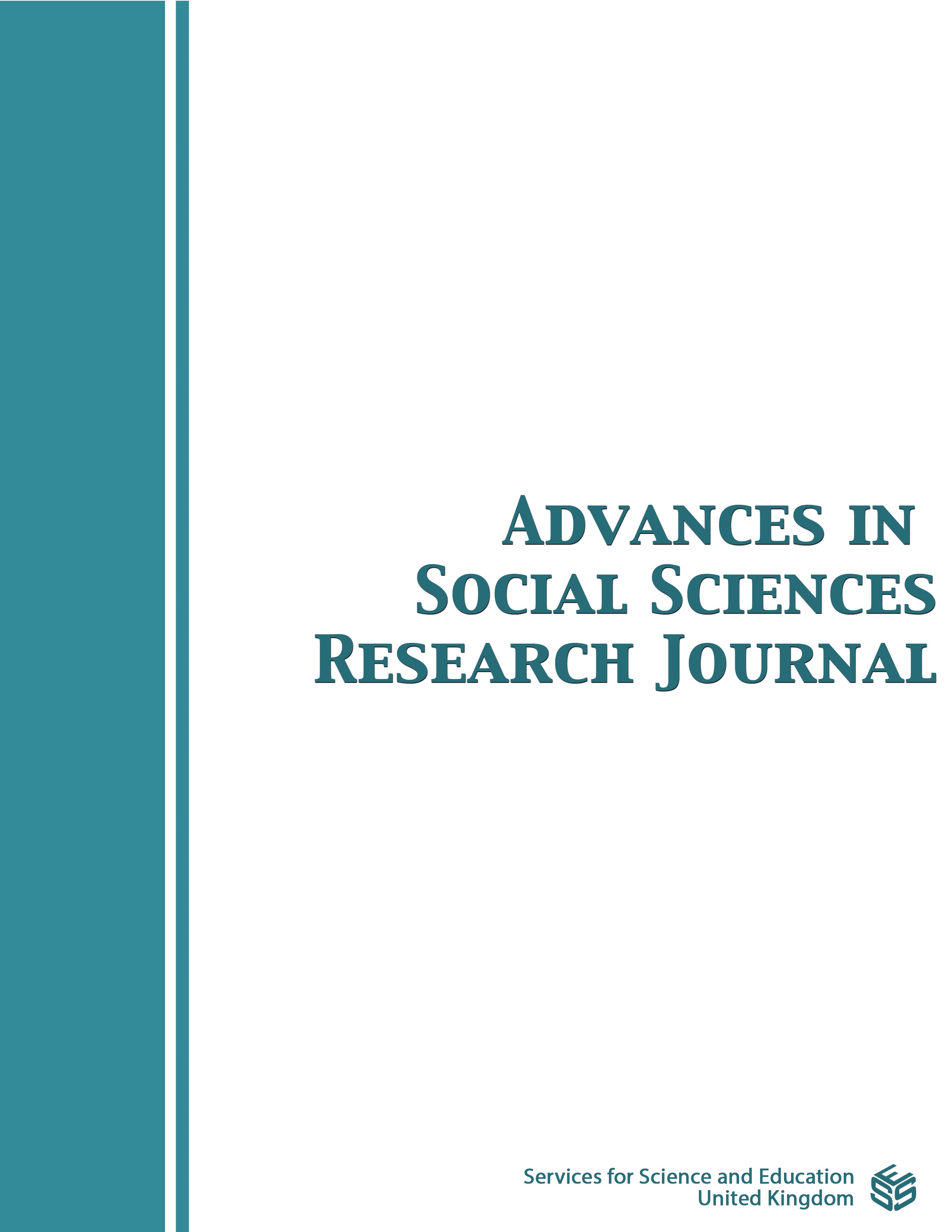Bottlenecks of Electoral Violence on Electoral Process and Human Welfare in Kanyama Constituency of Lusaka District, Zambia
DOI:
https://doi.org/10.14738/assrj.108.15320Keywords:
Electoral violence, Political violence, Constituency, ZambiaAbstract
This article explored bottlenecks of electoral violence on electoral process and human welfare in Kanyama Constituency of Lusaka District, Zambia. The case study design was employed on a targeted population that comprised of 28 participants. The interview guide was used as a tool for primary data production. The main findings of this research were that violence impacted negatively the electoral process by promoting voter apathy especially among women and those that are physically challenged. It was also found that violence disturbs political self-will for the electorates to make independent decisions. Similarly, it was found that electoral violence creates unbalanced political playing field for the candidates to market themselves to the potential electorates. Equally, it was revealed that electoral violence leads to decline in economic activities, destruction of property and a threat to human life. The article concludes that electoral violence denies electorates an opportunity to elect credible leaders and as such, it should not be condoned. Thus, the article recommends that the Electoral Commission of Zambia (ECZ) should give harsh punishment to those who are fond of engaging in electoral violence as this may deter others from participating in such undemocratic activities.
Downloads
Published
How to Cite
Issue
Section
License
Copyright (c) 2023 Eliazer Lushinga Kawila, Adrian Matole, Sanny Mulubale, Francis Simui, Gistered Muleya

This work is licensed under a Creative Commons Attribution 4.0 International License.
Authors wishing to include figures, tables, or text passages that have already been published elsewhere are required to obtain permission from the copyright owner(s) for both the print and online format and to include evidence that such permission has been granted when submitting their papers. Any material received without such evidence will be assumed to originate from the authors.






